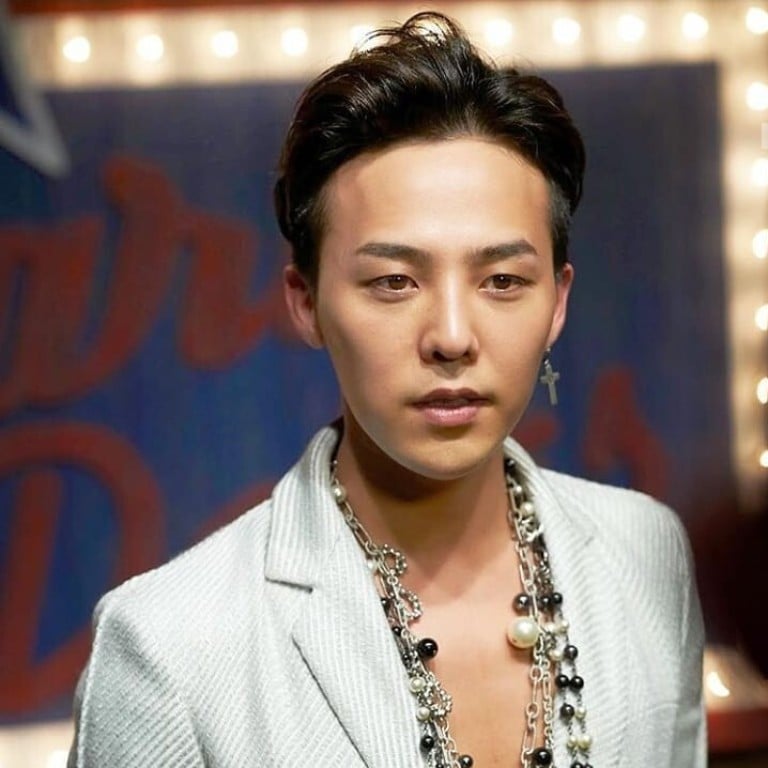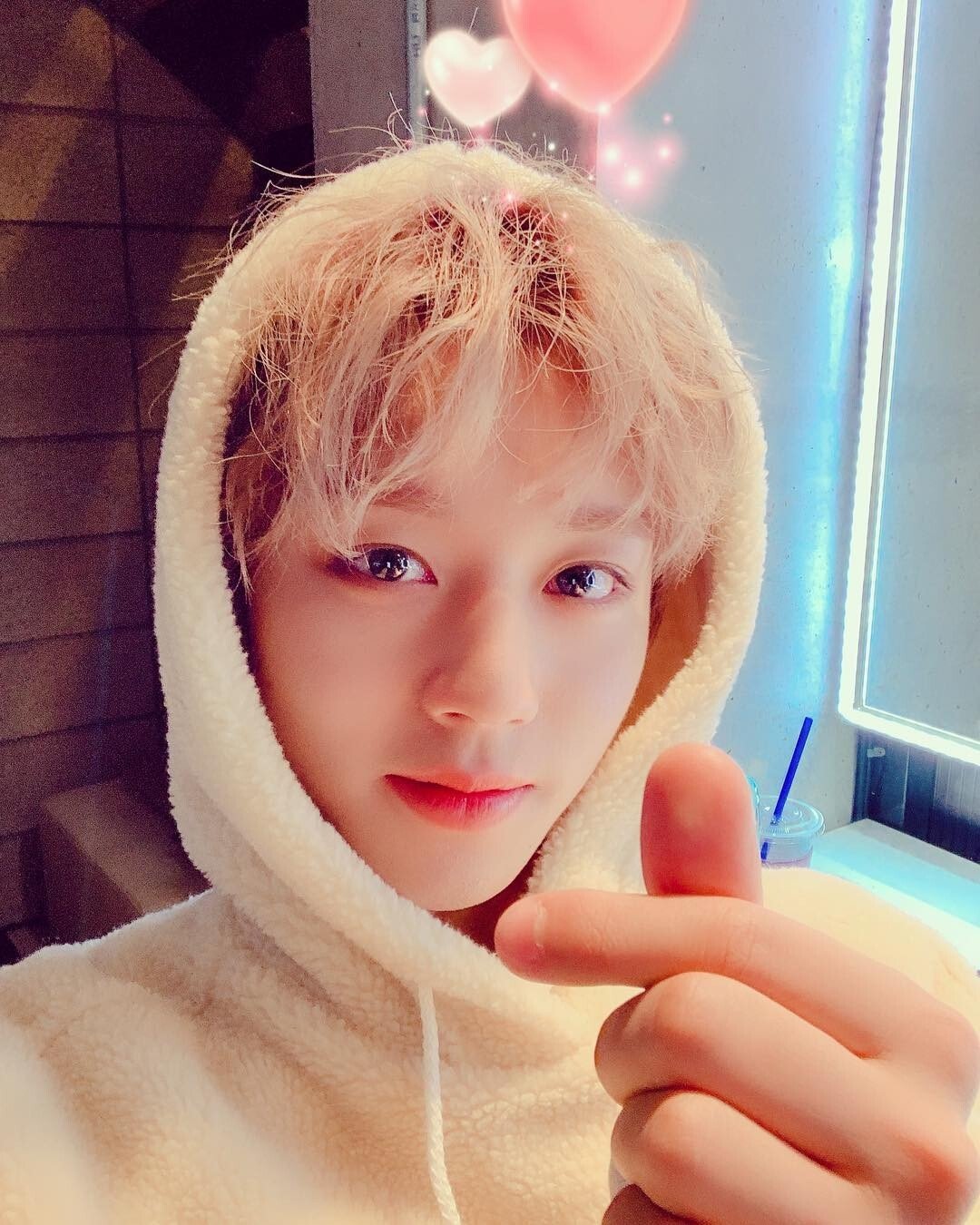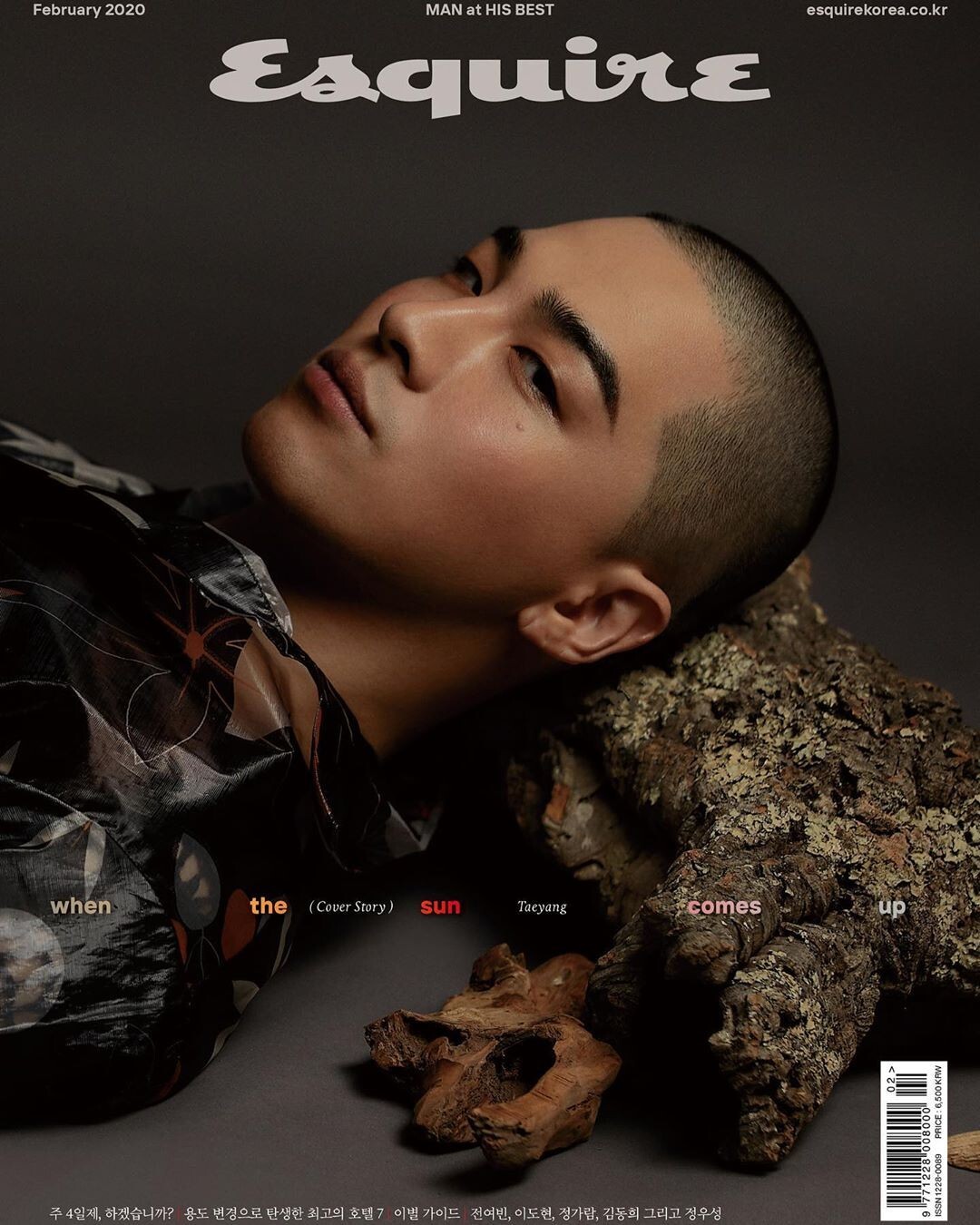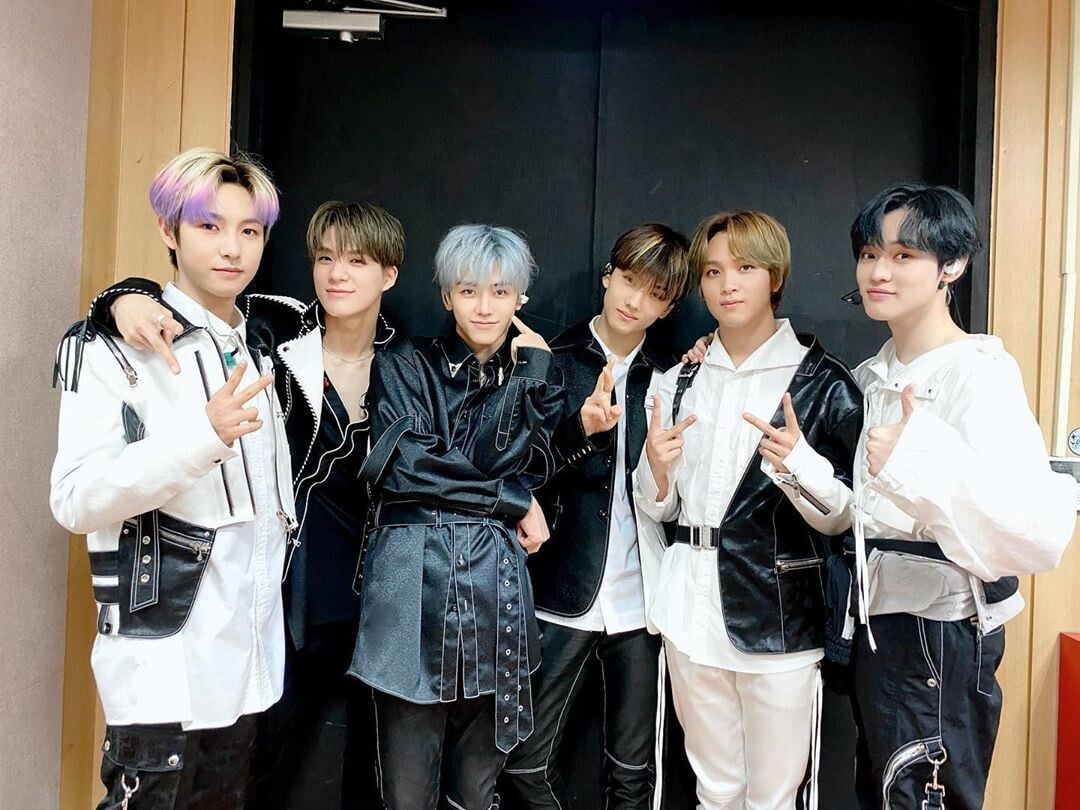K-pop in China – does G-Dragon’s Nongfu Spring deal signal the end of Beijing’s unofficial ban on Korean entertainment?

China blocked Korean music, drama and Hallyu culture in 2016, but a blockbuster sponsorship deal with BigBang’s G-Dragon, plus a warm welcome for the ‘King of K-pop’ at Asia’s We Are The World 2020 concert, suggest the cold culture war may finally be thawing
Given China’s unofficial ban on Korean entertainment, G-Dragon’s endorsement comes as a surprise to many, especially to K-pop fans. Clearly, G-Dragon’s influence on China’s youth market reigns supreme – but is it enough to lift the “ban”?
What went wrong

China and South Korea’s strong bilateral ties took a rough turn when, in 2016, South Korea agreed to work together with the US to build a system called THAAD (Terminal High Altitude Area Defense), which functions like a missile shield to defend against attacks from North Korea.
This move put South Korea directly between China and the US – two of its biggest trading partners. A Foreign Policy report estimates 25 per cent of South Korea’s exports end up in China, while a good 12 per cent goes to the US.
Unfortunately for South Korea, China believes that the US defence system poses a threat to China’s national security and can be used to spy on its own missile programs, according to a 2017 South China Morning Post report, and the relationship has turned sour since.
China strikes back
In short, all things Korean saw an imminent, virtual ban in China. Korean streaming sites were blocked, and popular internet users called for the boycott of Korean products and anything relating to Korean entertainment. South Korean celebrities cancelled tours in China, and Chinese K-pop fans had to fly overseas if they wanted to see their idols.










